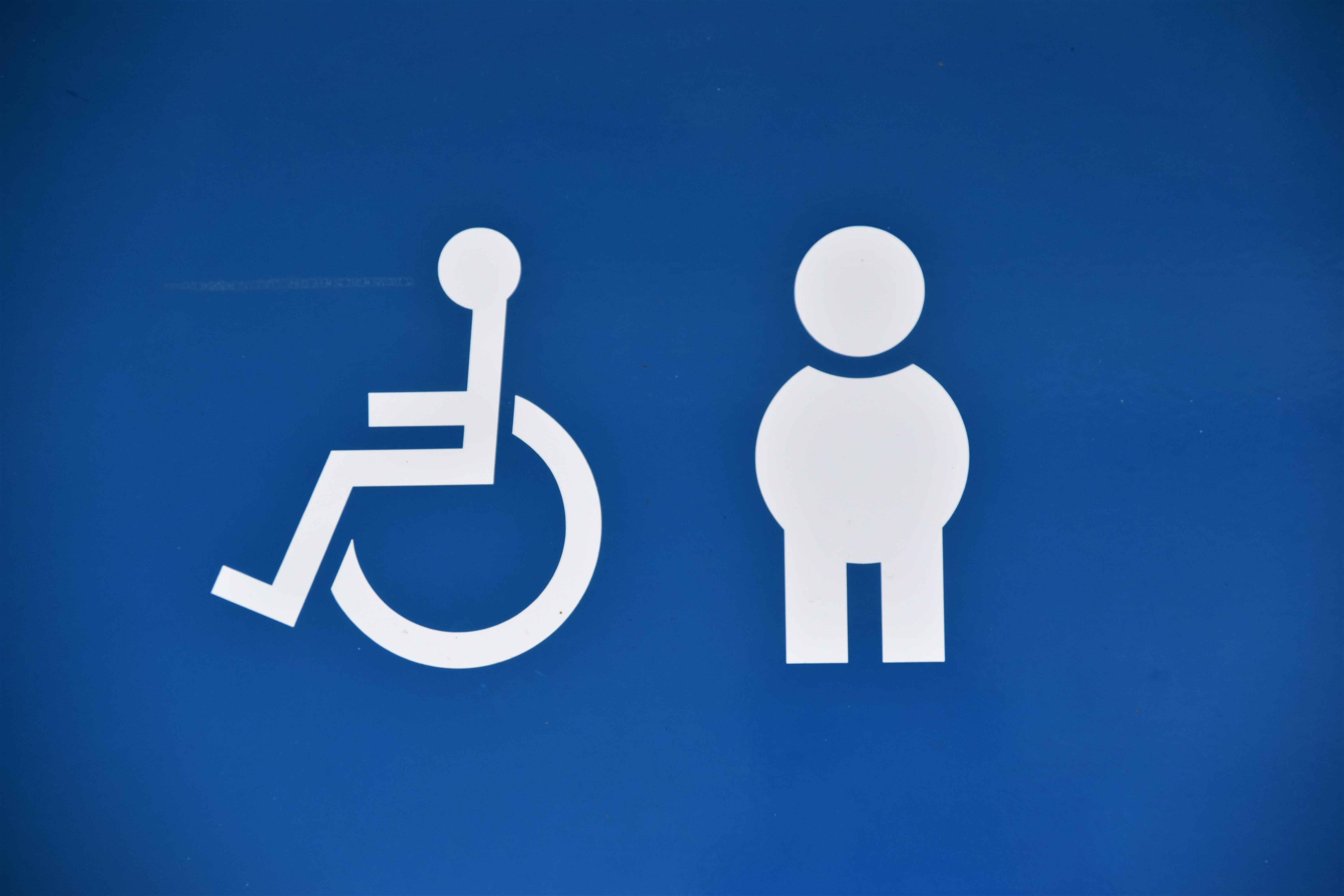Disability activists allege that City of York Council have breached their legal duty to promote equality by seeking to expand their ‘footstreets’ scheme, which would permanently pedestrianise the city centre and potentially limit access for disabled patrons.
Under umbrella group local Disabled People’s Organisations (DPOs), several groups are fighting to prevent the decision from being made permanent, arguing that it is in breach of the Equality Act 2010.
York’s pedestrian zone is now one of the largest in Europe, with the ‘footstreets’ scheme aiming to maintain this by restricting vehicle access to “create a safer and more attractive city centre, and reduce inner city pollution.” During the pandemic last year, York became a pedestrianised area and the council sent a letter out to blue badge holders to say that they were closing key parking areas in the city centre.
The Council’s decision to make the scheme permanent could also infringe upon Article 14 of the Human Rights Act, which protects people from being discriminated against based on protected characteristics, including disability.

Credit: Karl Moran / Unsplash
Starting as a temporary measure, the Council closed blue badge spaces in the city centre, added new ones to a car park close by and provided a shuttle service from the car park to a single drop off point.
“This was not especially helpful, given this was last summer and disabled people were so much more at risk of death, basically, with coronavirus,” said Helen Jones, a volunteer for York Disability Rights Forum. “We heard from so many people who said this is not going to work, both in terms of personal safety and coronavirus risk. Clearly, the people who are involved in the decision-making have not really got a strong concept of disability or what it’s like to be disabled.”
There seems to be a real disconnect as to the lived experience of those with disabilities
In November 2020, the Council announced they were committing to exploring making ‘footstreets’ permanent by conducting full reviews. So far, they have commissioned Disabled Motoring UK to conduct an assessment, and an open consultation period ended last week.
The DPOs say that the scheme disproportionately impacts and discriminates against disabled people and the decision is in breach of the Council’s Public Sector Equality Duty. When the Council surveyed locals in September 2020, 78% of blue badge holding respondents either disagreed or strongly disagreed with the statement “there is parking close enough to allow me access to the city centre”.

Credit: Waldemar Brandt / Unsplash
Despite the DPOs’ submission of a letter objecting to the continuation of the scheme, the Council appears set on maintaining ‘footstreets’.
“There seems to be a real disconnect as to the lived experience of those with disabilities,” said Bill Clayton with York Access Hub. “They seem to be ignoring that a blue badge is issued for mobility issues, meaning that it’s difficult, painful and may be dangerous for many to be forced to travel further than a measured number of steps from their car. There are also many on the autism spectrum where they can be overcome by their surroundings and need to go as quickly as possible back to their car, a safe place. All this is being ignored, despite the many seemingly inclusive words issued by the council.”
A final decision will be made later this year and the DPOs hope that the Council reverses the scheme to prevent disabled people from being excluded from the city centre permanently.

